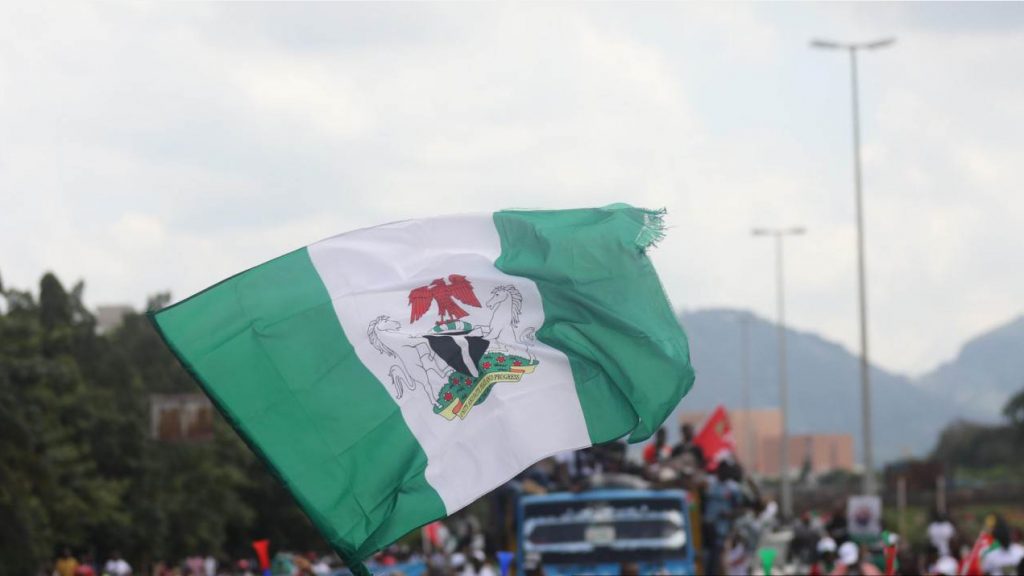The Movement for National Reformation (MNR), after wide consultations with its organs, stakeholders, and patriotic Nigerians across all strata, has issued the following as its official position on the question of restructuring the Federal Republic of Nigeria for a constitutional democracy that works for all.
In a statement signed by Chairman, Constitution Review Committee, Prof. O. Igho Natufe; Secretary, Dr Yemi Adegoke, and Spokesman, Da J. S. Akuns, the MNR noted that the debate over the national survival and unity of Nigeria is not an academic exercise, maintaining that it is an existential matter that impinges on the life of the federation and her citizens.
The group regretted that for too long, from the 1914 inception as a single territorial entity, Nigeria has been governed under seven constitutions that lack legitimacy and do not reflect the will of the people.
“The exception was a short-lived 1963 Republican Constitution that emerged from a bottom-up democratic process that reflects the sovereign will of the people; it lasted from October 1, 1963, to January 14, 1966, or a mere period of three years, three months and two weeks.
“From January 15, 1966, the military junta that seized the reins of political power in Nigeria suspended the constitution by Decree 1 of 1966, and, consequently, the constitutional democracy that served the pristine tenets of regionalism was abolished by Decree 34 of 1966,” it remarked.
While pointing out that hitherto, Nigeria was governed by a colonial constitution that was immersed in 1922, and, amended in 1946, 1951, 1954 and 1960, MNR notes that despite its federalist tenets, the colonial constitution or its amended versions was an imposition.
MNR contended that the colonial constitution emerged from a top-down process of colonial hegemony, hence, its rejection for a home-grown cited 1963 Republican Constitution. “Regrettably, the acclaimed homemade 1963 Republican Constitution was thwarted by the military junta on January 15, 1966,” it added.
Consequently, MNR said it welcomes the views of the President, Bola Ahmed Tinubu, on the imperatives on review of the constitution, particularly to return to regionalism in the governance of Nigeria.
While calling for a revisit of the 1963 Republican Constitution as the authentic charter of the Federal Republic of Nigeria and as basis of the fresh approach, the group resolved as follows:
“MNR affirms unequivocally that the way forward is to restructure the existing constituent administrative units of Nigeria to reflect global best practices of federalism and in reminiscence of the constitutional democracy birthed by the 1963 Republican Constitution.
“The MNR process will leverage the provenance of the existing 36 littoral states for ethno-national referenda cum boundary adjustments to determine the number of federating units that will emerge in the polity; some of the units will be homogenous while others will be heterogeneous, but anchored on an empirically tested numerical factor. For instance, Russia has 85 federating units classified into six categories.”
The group opined ethno-national referenda and boundary adjustments as the mechanisms of legitimacy, adding, “This approach ensures that the new constitution is not an imposition from above, but an expression of the people’s sovereign will.
“Only then will Nigeria have a constitution that commands loyalty, not one grudgingly endured. In addition, ethno-national entities would have retrieved their consent that undergirds the pristine global metrics of ‘freedom and sovereignty of the local identity of autochthonous residents over their land and people.”
MNR said it is committed to ensuring that restructuring is inclusive, just, and forward-looking, stressing that “no group must be left behind; no voice must be silenced.”
The group listed some of the benefits of restructuring to include socio-economic and political revitalisation, good governance, social cohesion, security and resilience, insisting that “a Nigeria of strong, autonomous federating units will be harder to destabilise. Instead of collapsing under eBoP pressure, the federation will adapt and survive.”
On safeguards and ways to address fears, MNR said those who fear fragmentation should not see restructuring as disintegration, but as negotiation of unity akin to consent for procreative marital union.
“To those who fear inequality between federating units, we say: equalisation funds, resource-sharing agreements, and inter-unit partnerships can ensure fairness. To minorities within federating units, we say: constitutional guarantees must enshrine their rights and prevent domination,” it declared.

